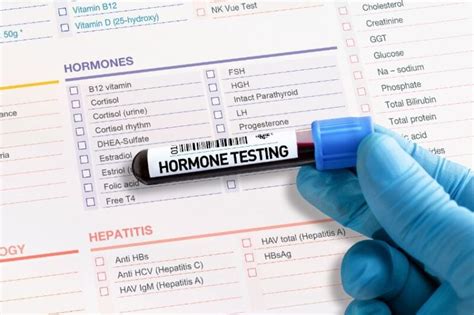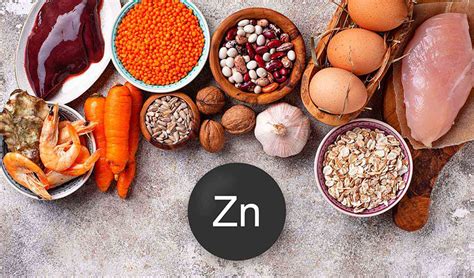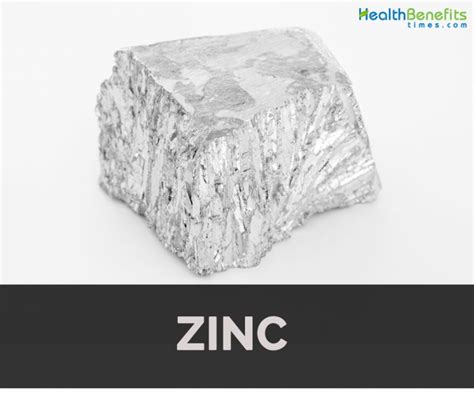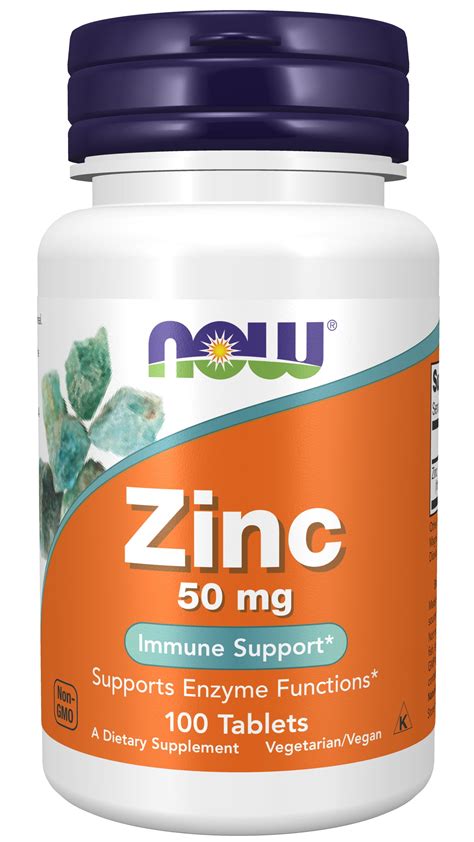What role does adequate zinc intake play in supporting male testosterone production and overall reproductive health?

Zinc: An Essential Mineral for Male Vitality
Zinc is an indispensable trace mineral, foundational to over 300 enzymatic reactions in the human body. While its broad implications span immune function, wound healing, and DNA synthesis, its specific role in male endocrine and reproductive health is particularly noteworthy. For men, maintaining optimal zinc levels isn’t just about general well-being; it’s intricately linked to the production of key hormones, the vitality of sperm, and the very foundation of fertility.

The Pivotal Link Between Zinc and Testosterone Production
Testosterone, the primary male sex hormone, is critical for developing male characteristics, maintaining muscle mass, bone density, and regulating libido. Research consistently highlights zinc’s significant influence on its production and regulation. Zinc is directly involved in the synthesis of luteinizing hormone (LH) from the pituitary gland, which in turn signals the Leydig cells in the testes to produce testosterone. Furthermore, zinc acts as a natural aromatase inhibitor, preventing the conversion of testosterone into estrogen. This dual action helps maintain a healthy testosterone-to-estrogen balance, which is crucial for optimal male hormone function.
Studies have demonstrated that zinc deficiency can lead to decreased testosterone levels. Conversely, zinc supplementation in zinc-deficient men has been shown to restore testosterone levels to normal, underlining its direct impact on testicular function and hormonal equilibrium. This makes adequate zinc intake a non-negotiable factor for men looking to support healthy testosterone levels naturally.
Zinc’s Influence on Sperm Quality and Function
Beyond its role in hormone regulation, zinc is a key player in the intricate process of spermatogenesis – the formation of sperm. Zinc is highly concentrated in the testes and seminal fluid, where it performs several vital functions:
- Antioxidant Protection: Zinc possesses potent antioxidant properties, protecting sperm from oxidative stress caused by free radicals. Oxidative stress can damage sperm DNA, impair motility, and reduce viability, directly impacting fertility.
- Sperm Motility and Morphology: It contributes to the structural integrity of sperm, influencing both their shape (morphology) and their ability to swim effectively (motility). Low zinc levels have been associated with reduced sperm motility and an increased number of abnormally shaped sperm.
- DNA Integrity: Zinc is essential for maintaining the stability of sperm chromatin, preventing DNA fragmentation. Intact sperm DNA is crucial for successful fertilization and healthy embryonic development.
Therefore, sufficient zinc intake is paramount for producing healthy, functional sperm capable of fertilization, directly impacting a man’s reproductive potential.

Broader Reproductive Health Benefits
The impact of zinc extends beyond testosterone and sperm, contributing to overall male reproductive health in several ways:
- Immune System Support: A robust immune system is vital for reproductive health, preventing infections that could impact the reproductive organs. Zinc is a known immune booster, helping the body defend against pathogens.
- Prostate Health: High concentrations of zinc are found in the prostate gland, and it plays a role in its normal function. While research is ongoing, some studies suggest a link between zinc levels and prostate health.
- Sexual Function: By supporting healthy testosterone levels and overall cellular function, zinc indirectly contributes to maintaining libido and sexual performance.
Dietary Sources and Supplementation Considerations
Ensuring adequate zinc intake is typically achievable through a balanced diet. Excellent dietary sources of zinc include:
- Oysters: Arguably the richest source of zinc.
- Red Meat and Poultry: Beef, lamb, and chicken are good sources.
- Nuts and Seeds: Pumpkin seeds, cashews, and almonds.
- Legumes: Lentils, chickpeas, and beans.
- Dairy Products: Milk and cheese contain zinc.
- Whole Grains: Oats, quinoa, and brown rice.

While diet is the preferred route, zinc supplementation may be considered for individuals with confirmed deficiencies or specific dietary restrictions. However, it’s crucial to consult a healthcare professional before starting any supplement regimen, as excessive zinc intake can lead to adverse effects, including copper deficiency and immune system impairment. The recommended daily allowance for adult men is 11 mg.
Conclusion
Zinc stands as an indispensable micronutrient for male reproductive health. Its multifaceted role, from directly influencing testosterone synthesis to safeguarding sperm quality and supporting overall sexual function, underscores its importance. Prioritizing adequate zinc intake through a nutrient-rich diet or, if necessary, carefully managed supplementation, is a proactive step men can take to support their hormonal balance, fertility, and long-term vitality.








